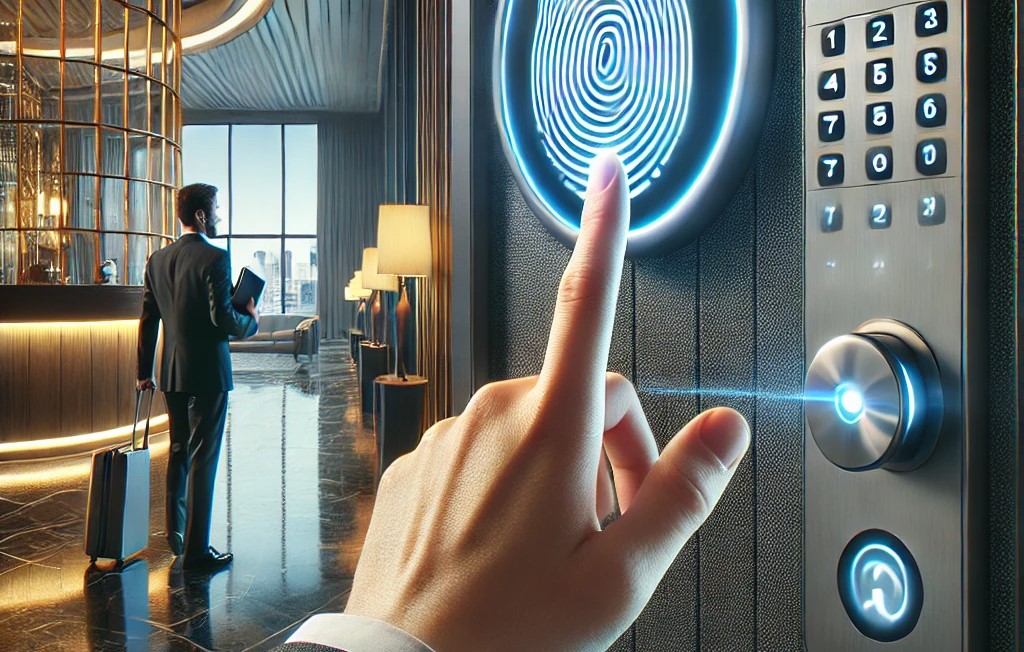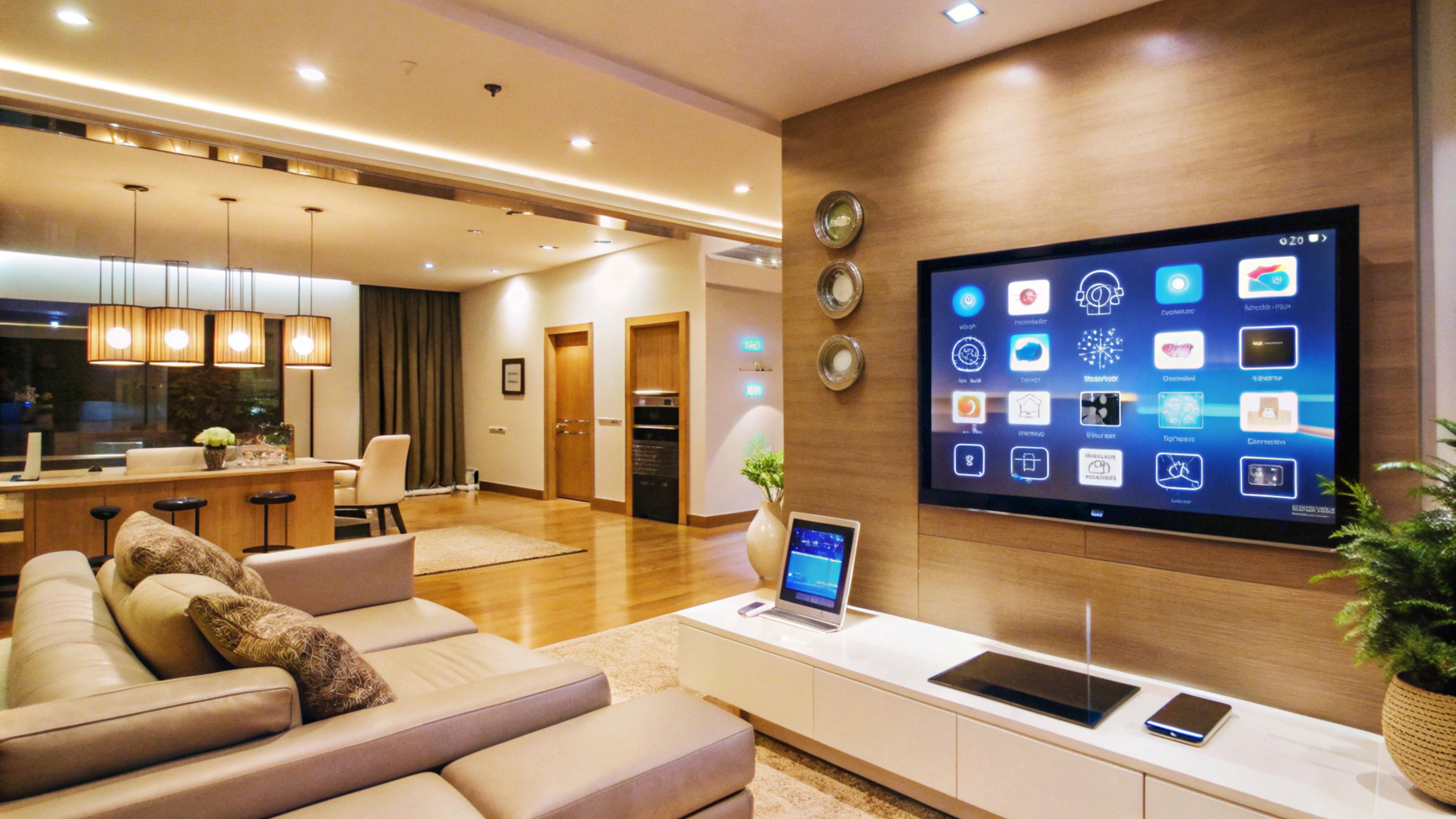
Upcoming Hospitality Trends in 2025
2025 is poised to introduce innovations that will take guest experiences and operational efficiencies to the next level in the realm of hospitality. From artificial intelligence to contactless services, these advancements are set to transform the way hotels, restaurants, and other hospitality entities operate. In this article, we will delve into the most anticipated technology trends in 2025 that are set to shape the hospitality landscape.
Artificial Intelligence (AI) and Chatbots
AI continues to be a cornerstone in enhancing customer service within the hospitality sector. Chatbots, powered by AI, are increasingly handling guest inquiries, reservations, and personalized recommendations, ensuring 24/7 engagement. They help streamline operations and also improve guest satisfaction by providing immediate responses.
Contactless Check-In and Digital Room Keys
The demand for contactless solutions has surged, leading to the adoption of mobile check-in processes and digital room keys accessible via smartphones. This technology minimizes physical interactions, enhancing safety and convenience for guests. MSR has made significant strides in the area of contactless check-in technology with a fully digitised self-check-in process and mobile digital key.
Internet of Things (IoT) Integration
IoT devices are creating interconnected environments within hotels, allowing guests to control room settings—such as lighting, temperature, and entertainment systems—through their personal devices or voice commands. This level of personalization contributes to a more comfortable and tailored guest experience.
Advanced Data Analytics and Personalization
Leveraging big data analytics enables hospitality providers to gain deeper insights into guest preferences and behaviours. This information facilitates the creation of personalized experiences, targeted marketing strategies, and improved service offerings, ultimately fostering guest loyalty.
Robotics in Hospitality
The integration of robots is expanding beyond novelty to functional roles such as concierge services, housekeeping, and even culinary tasks. Robots can efficiently handle repetitive tasks, allowing human staff to focus on delivering personalized guest interactions.
Virtual Reality (VR) and Augmented Reality (AR)
VR and AR technologies are enhancing the way guests interact with hospitality services. Virtual tours of hotel facilities, augmented reality menus in restaurants, and immersive destination experiences are becoming more prevalent, aiding guests in making informed choices.
Enhanced Cybersecurity Measures
With the increasing reliance on digital systems, the importance of robust cybersecurity cannot be overstated. Protecting guest data and ensuring secure transactions are paramount, prompting investments in advanced security protocols and staff training. With hotels handling greater volumes of guest information, user data and analytics, security technology is a prime need of the hour.
Sustainable and Eco-Friendly Technologies
Sustainability is a growing concern among travellers. Implementing technologies that reduce energy consumption, such as smart thermostats and energy-efficient lighting, alongside waste reduction systems, not only appeal to eco-conscious guests but also contribute to cost savings.
Blockchain for Secure Transactions
Blockchain technology offers a decentralized and secure method for processing transactions, managing loyalty programs, and even verifying identities. Its transparency and security features are particularly beneficial in building trust with guests.
Mobile Payment Solutions
The shift towards mobile and contactless payment options is streamlining transactions within the hospitality industry. Guests can now settle bills, order services, and make reservations through secure mobile platforms, enhancing convenience and reducing wait times.
AI-Powered Dynamic Pricing
Artificial intelligence is enabling more sophisticated revenue management strategies through dynamic pricing models that adjust in real-time based on demand, competition, and other market factors. This ensures optimal pricing, maximizing occupancy and revenue.
Voice-Activated Services
Voice recognition technology is being integrated into guest services, allowing for hands-free control of room features, access to concierge services, and information requests, thereby enhancing accessibility and convenience.
Real-Time Feedback Systems
Implementing systems that allow guests to provide real-time feedback during their stay enables prompt service recovery and improvements, leading to increased guest satisfaction and loyalty.
AI in Culinary Innovations
Artificial intelligence is making its way into the culinary realm, assisting chefs in developing new recipes, predicting food trends, and optimizing kitchen operations to enhance efficiency and creativity.
MSR’s Stride Towards Future-Ready Innovations
Looking towards the future of hospitality technology, MSR continues its stride towards innovation in guest experience. With constant improvements in contactless technology, seamless check-in and out experience, automation, service booking and much more – MSR has already pointed the way towards a more seamless future for both hotel guests and staff alike.
In conclusion, the hospitality industry in 2025 is set to be characterized by a seamless blend of advanced technologies aimed at enhancing guest experiences and operational efficiencies. Staying abreast of these trends and strategically implementing them will be crucial for hospitality providers striving to meet evolving guest expectations and maintain a competitive edge in the dynamic market landscape.
BACK TO ALL BLOGS

